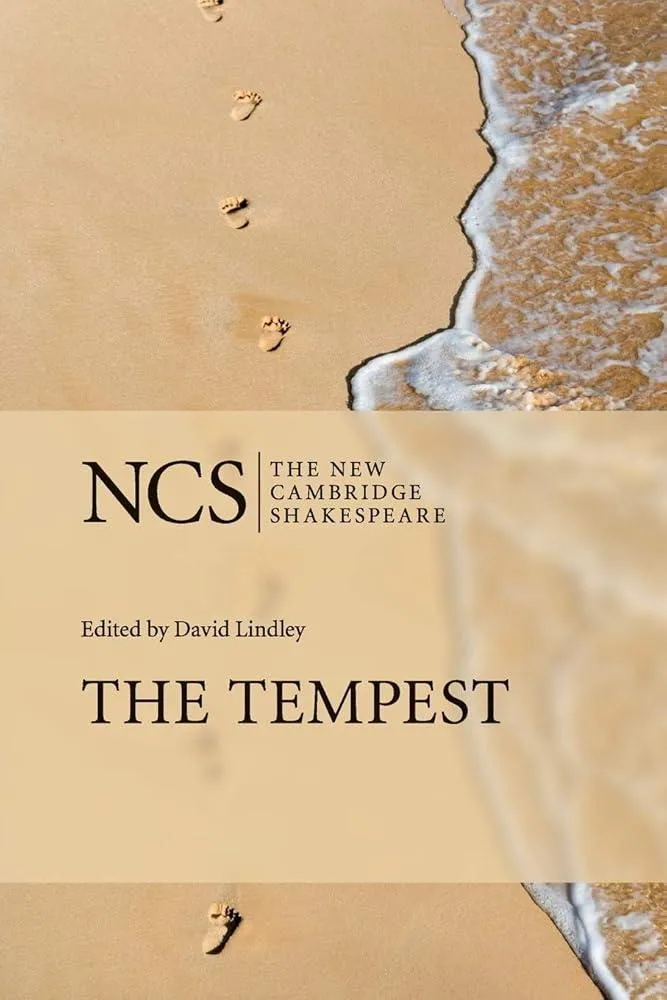The Tempest is one of the most suggestive, yet most elusive of all Shakespeare's plays, and has provoked a wide range of critical interpretations. It is a magical romance, yet deeply and problematically embedded in seventeenth-century debates about authority and power. In this updated edition, David Lindley has thoroughly revised the introduction and reading list to take account of the latest directions in criticism and performance. Including a new section on casting in recent productions, Lindley's introduction explores the complex questions this raises about colonization, racial and gender stereotypes, and the nature of the theatrical experience. Careful attention is also given to the play's dramatic form, stagecraft, and use of music and spectacle, to demonstrate its uniquely experimental nature.
William Shakespeare
William Shakespeare was an English playwright, poet, and actor, widely regarded as one of the greatest writers in the English language. He is known for his numerous plays and sonnets, which have had a profound impact on literature and theater. Some of his most notable works include "Romeo and Juliet," "Hamlet," "Macbeth," and "Othello." Shakespeare's writing is characterized by his use of intricate language, complex characters, and universal themes such as love, jealousy, power, and ambition. His works have been translated into every major language and are performed around the world to this day. Shakespeare's influence on literature, drama, and the English language is immeasurable, and his legacy continues to endure centuries after his death. His most famous work is arguably "Romeo and Juliet," a tragic love story that has become a timeless classic.


